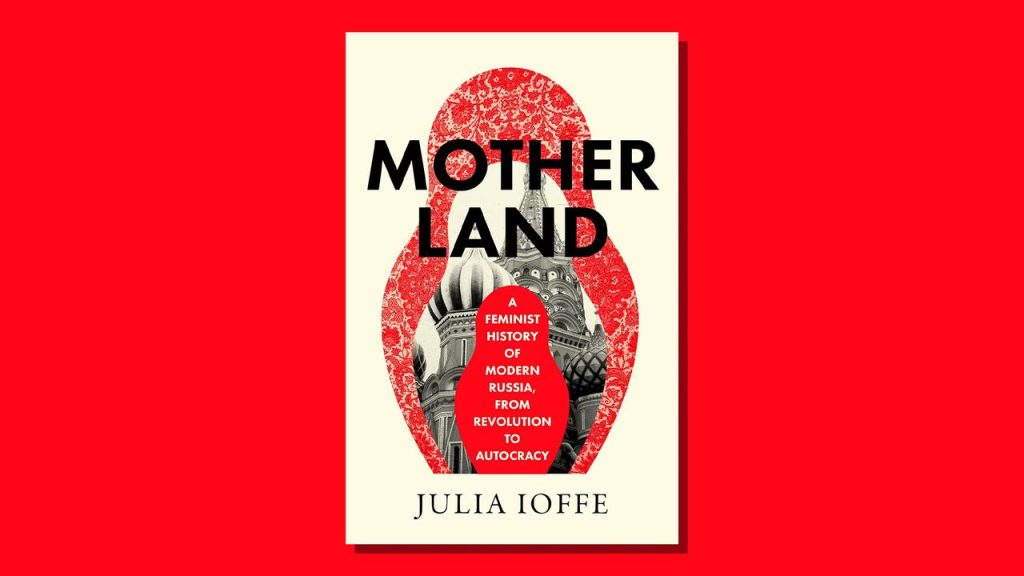In 1921, a Bolshevik pamphlet proclaimed the Soviet Union to be a “fairy-tale country” for women. “That was, of course, an exaggeration,” said Francesca Angelini in The Sunday Times. Nonetheless, women were granted sweeping rights during the Revolution (including to abortion and equal pay) and, from the early Soviet era on, many received a “formidable education”. The result was that the Soviet Union was packed with “strong” professional women: doctors, scientists, judges, professors.
In this “brilliantly executed” book, the Moscow-born journalist Julia Ioffe “examines the lives of the women of her country” over the past century. Her subjects include Alexandra Kollontai, who in 1917 became the “world’s first female cabinet minister”; the “hotshot Second World War sniper Lyudmila Pavlichenko”; and Yulia Navalnaya, a prominent economist and the widow of Alexei Navalny.
Ioffe, whose family moved to the US in 1990, when she was seven, herself comes from a line of extraordinary “ordinary” women, said Viv Groskop in The Guardian. Two great-grandmothers were doctors; her grandmother “oversaw the plant that supplied the Kremlin’s drinking water”.
This heritage meant that when Ioffe returned to Moscow in 2009, she “expected a city filled by women brimming with intellectual and professional ambitions”, said Jennifer Szalai in The New York Times. “Instead, she met women whose highest goal in life seemed to be to attract a man.” She wonders how a “country of women freedom fighters became a country of aspiring housewives”, and suggests the blame lies with Russia’s men, who made women shoulder too much during the Soviet era – so that they yearned for a return to “traditional values”. Her “enthralling” book has a “bleak” conclusion: that Russia’s “efflorescence of emancipation” is gone.
Moscow-born journalist Julia Ioffe examines the women of her country over the past century
